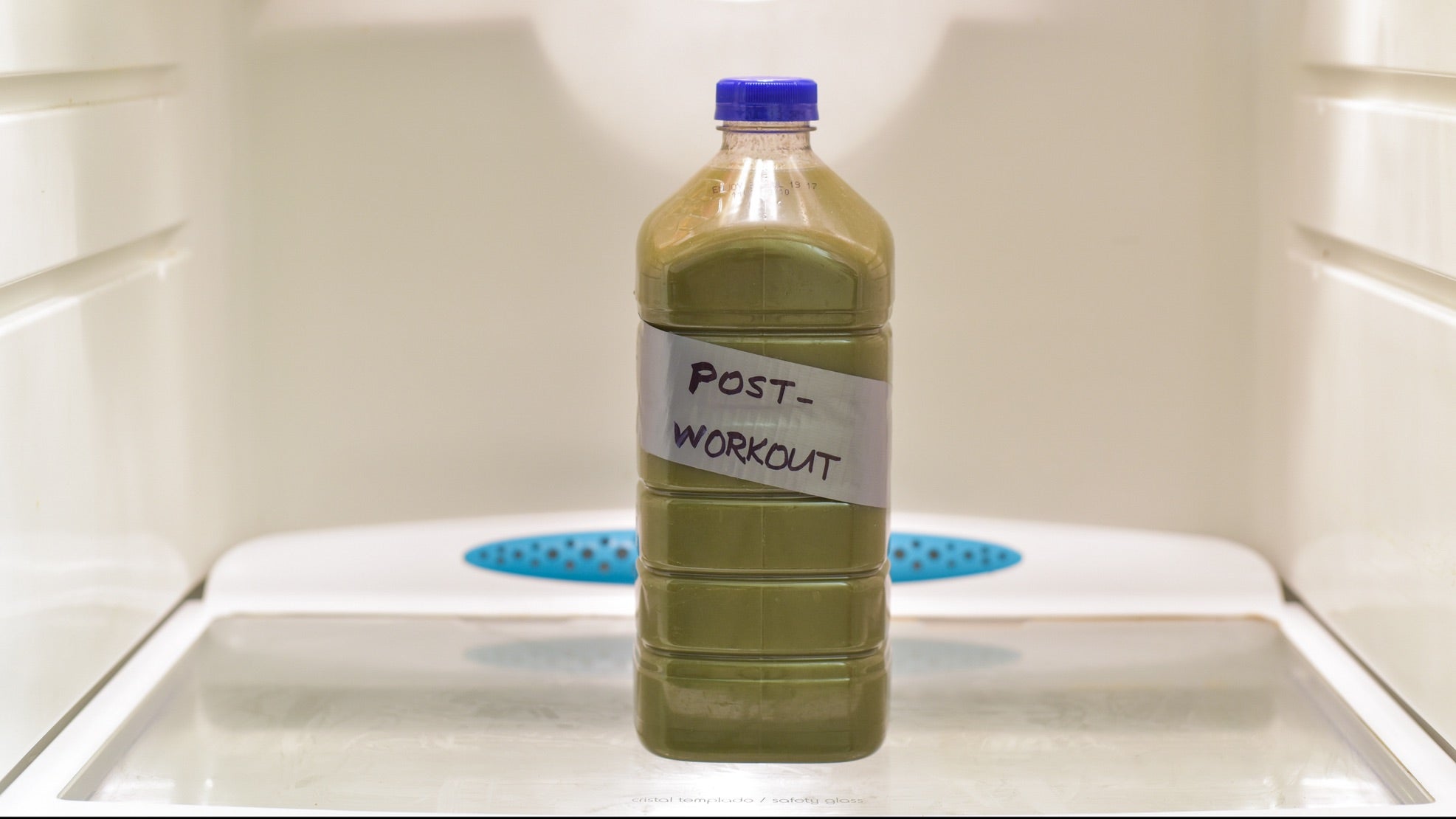Ask Stacy: How Important Is Post-Workout Protein?

Getty Images
Post-workout protein is the hot conversation across sport and fitness. We hear post-workout protein ingestion is thought to facilitate muscle protein synthesis, downgrade inflammation, and improve glycogen recovery. Currently, the debate is over whether protein is needed specifically post-workout, or if pre-ingestion can work as well due to an increased circulating amino acid pool.
However, what is not well discussed is that this information is from studies on resistance training—specifically resistance-trained men. When we look closely at this particular area of literature, the data supports the idea that protein intake post-workout may not be critical as long as protein is consumed prior to training or total daily protein intake is adequate.
But let’s bring it back to endurance (we are triathletes, right?). The short answer is: Yes, post-exercise protein is important, but not just for muscle protein synthesis.
The aspect endurance athletes need to consider is overall recovery, with a view to glycogen recovery, decreasing inflammation, rehydration, improving immunity, as well as getting in enough calories to fuel the long (sometimes twice-daily) sessions. Protein intake does all of these things, and as one study demonstrated, the higher consumption of protein in the three hours following intense endurance exercise caused an epigenetic response to improve free-fatty acid mobilization and mitochondrial oxidation capacity. When taken together, post-exercise ingestion of protein for endurance athletes has a significant positive impact on subsequent training sessions and improving overall performance.
Regarding “go-to” protein bars, I really don’t have any as they are too expensive here in New Zealand, but as a recommendation, I would say start with ingredients that are recognizable: nuts, seeds, whey, or plant protein. Look for 20-25g protein (~2.5-3g leucine), low sugar (6g or less derived from whole food sources, e.g., dates or other dried fruit), avoid any sugar substitutes, and aim for 3-5g fiber per bar.
